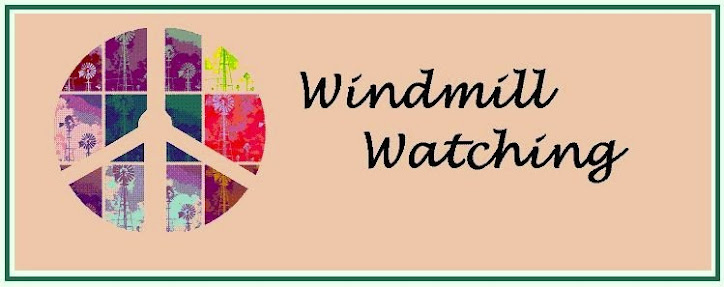Shortly after he became prophet, I happened to run into
Thomas Monson at Little America. He was escorted, with his wife, to the table
next to ours, where we were out eating with our family. Frances, his wife,
ordered soup and ate it with single minded purpose, not looking up as people
came to talk to her husband. At first, I thought of trying to hide my diet
coke, but then didn’t. It was so very… Salt
Lake City… to run into the prophet at dinner and to worry about my
caffeinated beverage.
But
as I watched him talk to people, something changed.
It
was a feeling.
I
couldn’t pinpoint it.
His
words weren’t slurred. He made eye contact. He answered questions. But…
something was wrong.
Something
was wrong and I felt it, even if I couldn’t name it.
Looking
back, I think it was the beginning of his illness. I think, from the very
beginning, he was losing a bit of who he was.
For
nearly my entire life, I loved Thomas Monson.
I
loved that he preached love. I loved that he said people were more important
than problems. I loved the stories he told about being kind. Helping the
widows, serving the orphans. I loved that his message was always inclusion and
love, never exclusion. He called us to gather together, never to cast out.
Which
was why Proposition 8 was so painful.
It
was a departure.
It
was unkind.
It
was choosing the letter of the law over Christ’s command to love one another.
When
it happened, I remember feeling sick.
And
I remember thinking of that moment, in the Little America, when I had been so
excited to see a man I had loved for so long and so struck that… something… was
wrong.
I
am a gay Mormon.
The
church’s backing of Proposition 8, the 2015 policy of exclusion, barring the
underage children of same-sex spouses from baptism, these represented, for me,
the end of my membership in the church.
I
am a Mormon. I will always be a Mormon.
But,
largely because of policies enacted by Thomas Monson, I have been cast out from
my people.
But
as a gay Mormon, here is something I know: none of us can escape our biology.
We are all subject to the primal forces that cause our cells to cleave, drive
our lungs to breathe. We are all fragile creatures, corruptible, imperfect.
Thomas Monson spent most of his life teaching us that God loves us anyway. Even when we don’t
deserve it. Even when we know we are unlovable. God loves us, even when we are
broken.
And
all of us are broken.
It
is hard to celebrate someone who is largely responsible for a great deal of my
own personal pain.
But
I saw with my own eyes his fragility. I felt with my own spirit that this was not right. I know, with all of
my own biological imperfections, that God loves me. That god has never
abandoned me.
And
so I am trying to forgive his brokenness. I am trying to remember what he spent
the vast majority of his life teaching me: that, in the end, people are more
important than problems. That, in the end, God loves us. That, more than any
law, we should love each other.
Love
must always be more important.
Let
that lesson be his legacy.
